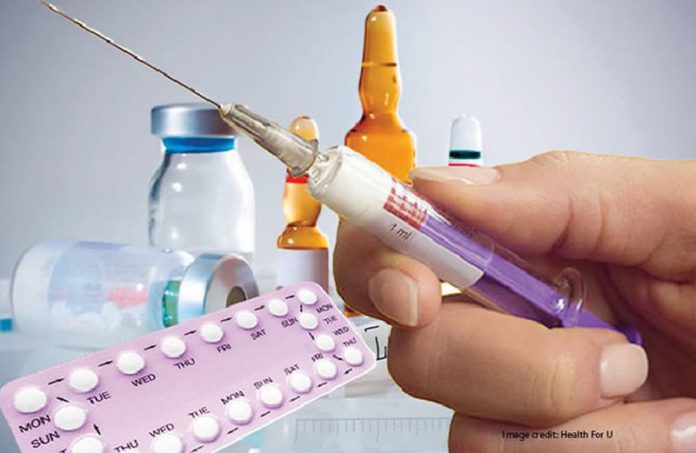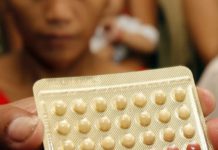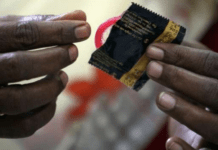
Pharmacist Ebenezer Akowuah recently voiced deep concern over the escalating misuse of birth control pills among teenagers, emphasizing the need for immediate attention to tackle this issue.
During a discussion on the Burning Issues program, hosted by Akua Boakyewaa Yiadom and featured on the Asokodo Documentary, News Editor Martha Acquah Crenstil shed light on the pressing matter.
Akowuah highlighted a troubling trend, revealing, “Teenagers between the ages of ten and sixteen are among those misusing contraceptives.”
He specifically addressed the improper usage of a particular contraceptive drug meant to be taken three times a year.
However, some teenagers recklessly consume all three doses in a single day, disregarding the associated side effects.
“This drug has its own side effects, but we have teenagers who take all three doses in one day without considering the consequences,” explained Akowuah.
Expressing his concerns, the pharmacist raised issues related to the misuse of various drugs used for family planning and the teenagers’ reluctance to opt for more affordable daily contraceptive methods.
“There are numerous drugs and methods available for family planning, but I am worried about how our teenagers are misusing certain drugs,” he stated.
Akowuah further noted that some teenagers choose the aforementioned contraceptive pill, taken three times a year, due to multiple partners and a desire to eliminate any risks.
Despite counseling efforts, the pharmacist lamented the teenagers’ lack of receptiveness.
Moreover, since these contraceptives are available over the counter, pharmacists have limited options for intervention.
“Since these medicines are sold over the counter, there is little we can do to address the issue,” Akowuah explained.
Highlighting the gravity of the situation, Akowuah revealed, “Some pharmacies are selling as many as 20, 30, or even 50 pieces of these contraceptives on a daily basis.”
The pharmacist underscored the consequences of such misuse, as many of these teenagers later complain about irregular menstrual flow and changes in their menstrual cycle dates.
This alarming situation necessitates proactive measures to curb the practice and protect the well-being of teenagers.


